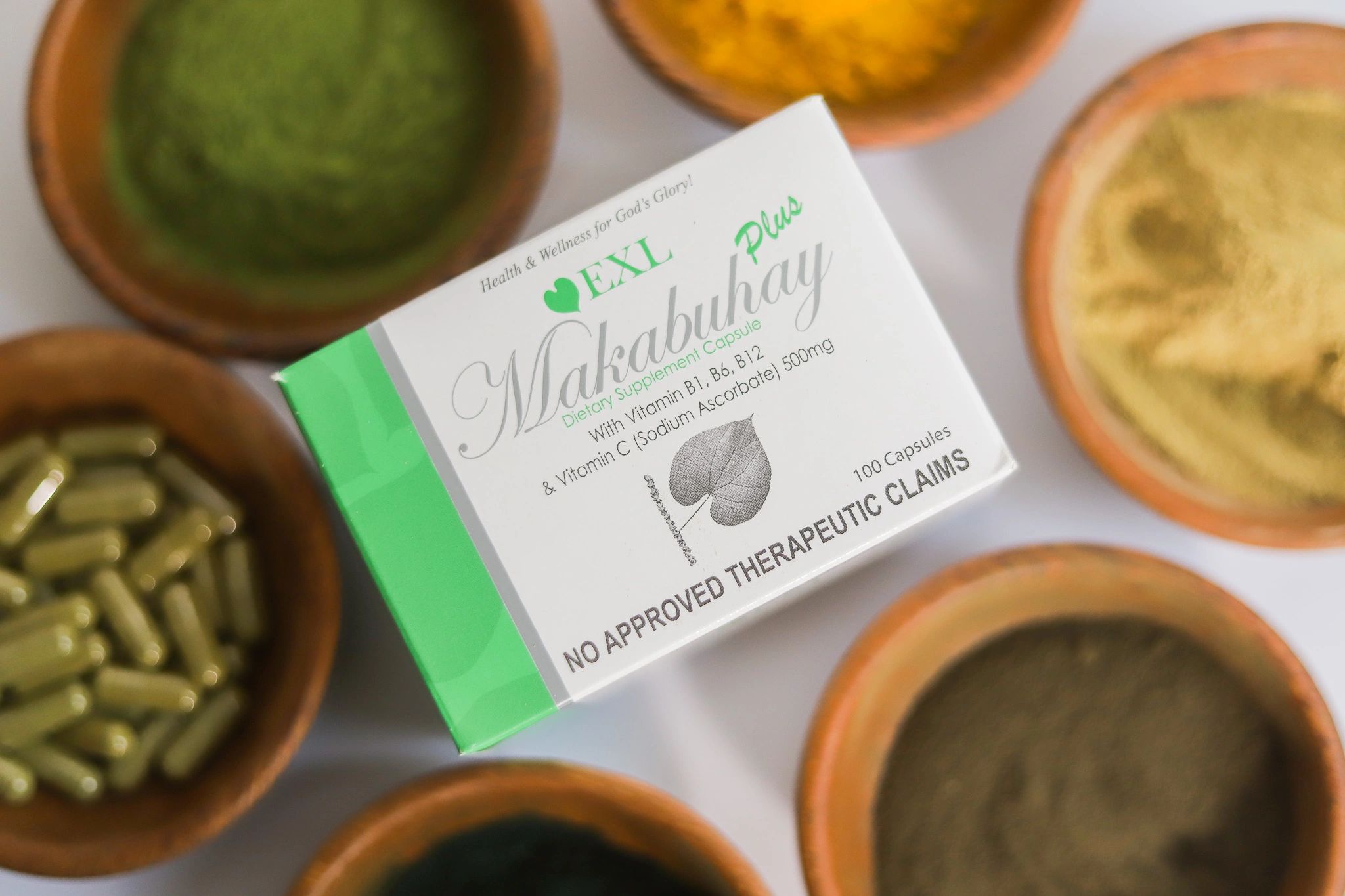
The Silent Killer: Hypertension and Herbal Medicine
Share
High blood pressure, also known as hypertension, is a common condition in which the force of the blood against the walls of the arteries is too high. This can lead to various health problems, including heart disease, stroke, and kidney failure.
In most cases, high blood pressure has no symptoms and is often referred to as the "silent killer." This is because people can have high blood pressure for years without knowing it, until they experience a serious health complication. Therefore, it is important to get your blood pressure checked regularly, especially if you have a family history of high blood pressure or other risk factors such as obesity, smoking, and a sedentary lifestyle.
Types of Hypertension
There are two types of high blood pressure: primary hypertension and secondary hypertension. Primary hypertension, which accounts for about 90-95% of all cases, has no specific cause and develops gradually over time. On the other hand, secondary hypertension is caused by an underlying medical condition such as kidney disease, adrenal gland tumors, or obstructive sleep apnea.
The diagnosis of high blood pressure is based on two or more readings taken on different occasions. A blood pressure reading consists of two numbers, systolic and diastolic, measured in millimeters of mercury (mmHg). The systolic pressure (top number) measures the pressure in the arteries when the heart beats, while the diastolic pressure (bottom number) measures the pressure in the arteries when the heart is at rest between beats.
The American Heart Association defines normal blood pressure as less than 120/80 mmHg, elevated blood pressure as systolic pressure between 120-129 mmHg and diastolic pressure less than 80 mmHg, and high blood pressure as systolic pressure 130 mmHg or higher, or diastolic pressure 80 mmHg or higher.
Lifestyle Modifications to Prevent High blood Pressure
Treatment of high blood pressure involves lifestyle changes and medications. Lifestyle modifications include losing weight, reducing salt intake, increasing physical activity, limiting alcohol consumption, and quitting smoking. These changes can help lower blood pressure and improve overall health.
In addition to lifestyle modifications, medications are often prescribed to control high blood pressure. There are several types of medications, including diuretics, ACE inhibitors, calcium channel blockers, and beta-blockers. Each medication works differently and may have different side effects, so it is important to discuss the best options with your healthcare provider.
It is important to note that high blood pressure is a chronic condition that requires ongoing management. Regular blood pressure checks and adherence to treatment plans can help prevent serious complications and improve quality of life.
Herbs and Hypertension
According to Healthline, herbal medicine has been used for centuries to treat a wide range of health conditions, including hypertension. Here are some herbal remedies that have been shown to have potential benefits for high blood pressure:
1. Garlic: Garlic is a well-known herbal remedy that has been shown to have a positive effect on blood pressure. Research has shown that garlic supplements may help lower blood pressure in people with hypertension. Garlic contains a compound called allicin, which is believed to be responsible for its blood pressure-lowering effects.
2. Hawthorn: Hawthorn is a plant that has been used in traditional medicine to treat heart disease and hypertension. Studies have shown that hawthorn extract may help lower blood pressure in people with mild to moderate hypertension. Hawthorn is believed to work by dilating blood vessels and improving blood flow.
3. Hibiscus: Hibiscus is a flowering plant that is commonly used to make tea. Studies have shown that drinking hibiscus tea may help lower blood pressure in people with hypertension. Hibiscus contains compounds called anthocyanins, which are believed to have a blood pressure-lowering effect.
4. Olive leaf extract: Olive leaf extract is derived from the leaves of the olive tree and has been used in traditional medicine to treat hypertension. Research has shown that olive leaf extract may help lower blood pressure in people with hypertension by dilating blood vessels and improving blood flow.
5. Cinnamon: Cinnamon is a spice that has been shown to have blood sugar-lowering effects. Some studies have also suggested that cinnamon may help lower blood pressure in people with hypertension.

While herbal remedies can be beneficial for some people with hypertension, it is important to note that they should not be used as a substitute for medical treatment. People with hypertension should always consult with their healthcare provider before trying any herbal remedies to ensure they are safe and effective for their specific condition.
In conclusion, high blood pressure is a serious condition that requires ongoing management. While lifestyle changes and medications are the mainstay of treatment, some herbal remedies may offer complementary benefits. Garlic, hawthorn, hibiscus, olive leaf extract, and cinnamon are just a few examples of herbal remedies that may help lower blood pressure. However, it is important to consult with a healthcare provider before trying any herbal remedies to ensure they are safe and effective for you.
